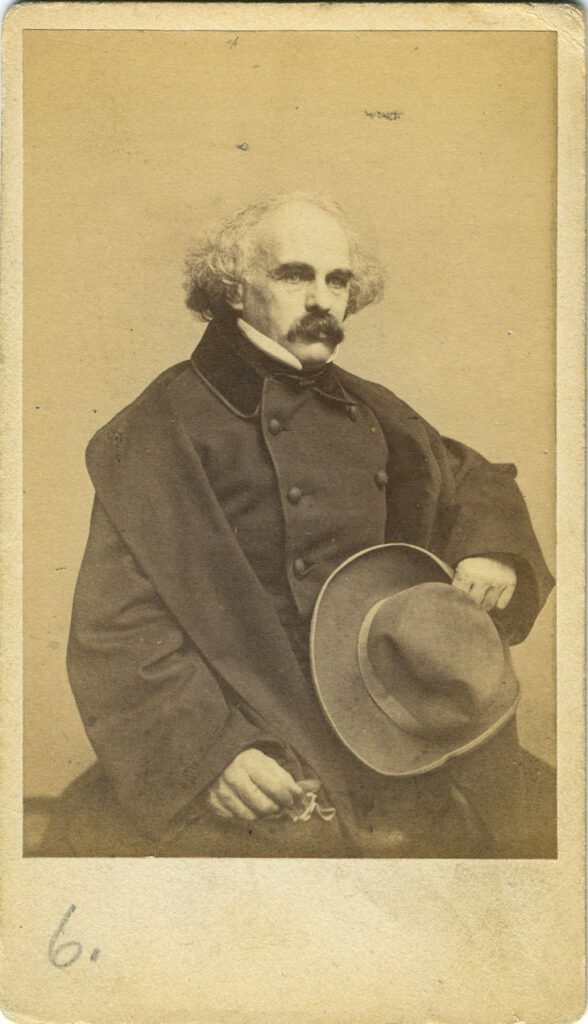Section #9 - Growing opposition to slavery triggers domestic violence and a schism in America’s churches
Chapter 87: Politicians Once Again Turn To Violence To Resolve Their Differences
Winter 1838
A Challenge To Duel Is Issued
Even as Lincoln is calling for civil restraint, America’s penchant for settling political disputes through violence is once again materializing in the halls of Congress.
This time it involves a duel between two sitting members of the U.S. House: Jonathan Cilley, a first term Whig from Maine and William Graves, a Democrat from Kentucky.
The conflict arises after a speech by Cilley on the floor questioning editorials written by James Watson Webb, owner of The New York Courier and Enquirer. These include vicious attacks on Cilley’s fellow abolitionist, Lewis Tappan, and his praise for re-chartering the Second U.S. Bank. When Cilley suggests that the bank support is in return for a $52,000 loan he received, Webb demands an apology.
Webb selects Congressman Graves to deliver the demand, but when he tries, Cilley refuses to accept the note. He tells Graves that his rejection is to avoid any further unpleasantness with Webb.
Graves is initially willing to walk away until several friends, including Kentuckian and repeat duelist, Henry Clay, urge him to reject the apology.
So Graves challenges Cilley to a duel, even though the two have had no prior contact whatsoever.
February 24, 1838
Congressman Graves Kills Congressman Cilley
Cilley accepts and, hearing of Grave’s reputation as skilled with handguns, settles on rifles as his weapon of choice.
The two men and their seconds meet on February 24, 1838, at the Bladensburg Dueling Grounds in Maryland.
They are placed 80 yards apart from each other and given the order to fire. When neither man is hit, the seconds attempt to end the matter, especially since both combatants claim no “personal animosity” toward the other.
But a truce is not to be, and another round is fired, again with misses from both men.
In the third round, however, Graves scores a hit, striking Cilley in the upper thigh and puncturing his femoral artery. Cilley falls to the ground and bleeds to death in two to three minutes, absent a tourniquet.
He is 35 years old when killed, and leaves behind a wife and three children, and a sterling reputation.
His close friend and fellow Bowdoin College classmate, Nathaniel Hawthorne, commemorates him in a eulogy at the funeral.

Congressman Jonathan Cilley (1802-1838)
Alas that over the grave of a dear friend my sorrow for the bereavement must be mingled with another grief, –that he threw away such a life in so miserable a cause! Why, as he was true to the Northern character in all things else, did he swerve from his Northern principles in this final scene?
A challenge was never given on a more shadowy pretext; a duel was never pressed to a fatal close in the face of such open kindness as was expressed by Mr. Cilley; and the conclusion is inevitable, that Mr. Graves and his principal second, Mr. Wise, have gone further than their own dreadful code will warrant them, and overstepped the imaginary distinction, which, on their own principles, separates manslaughter from murder.
But his error was a generous one, since he fought for what he deemed the honor of New England; and, now that death has paid the forfeit, the most rigid may forgive him. If that dark pitfall–that bloody grave –had not lain in the midst of his path, whither, whither might it not have led him! It has ended there: yet o strong was my conception of his energies, so like destiny did it appear that he should achieve everything at which he aimed, that even now my fancy will not dwell upon his grave, but pictures him still amid the struggles and triumphs of the present and the future.